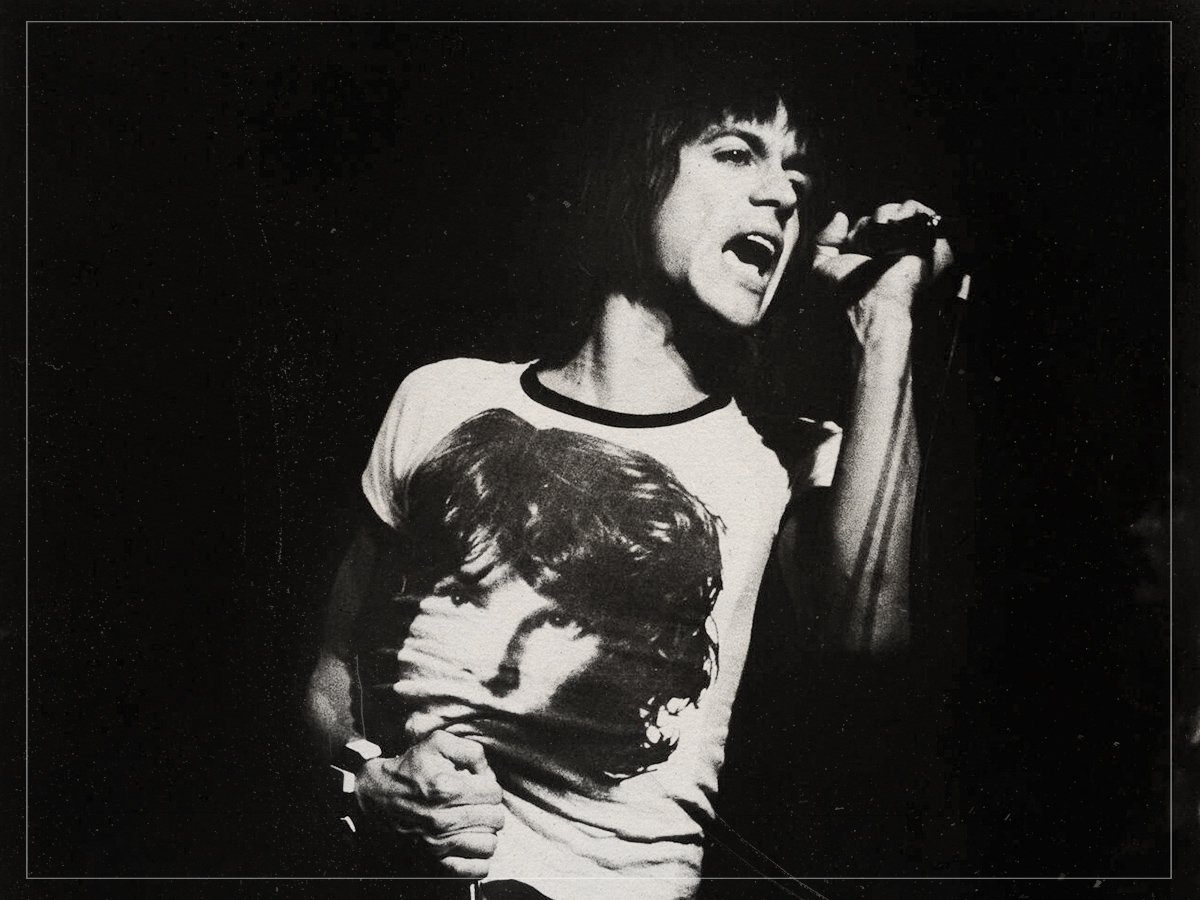
(Credits: Far Out / Alamy)
The word legend is thrown around too much in the world of music, but in the instance of Iggy Pop, it’s a label we can proudly brandish and attach to him. He’s a good musician, sure, but his legacy goes a lot deeper than that. Iggy Pop’s music isn’t just good to listen to and ahead of its time; it can be pinpointed as one of the precursors to punk, which paved the way towards a new way of making music.
Iggy Pop contributed to the rise of punk music in two ways. The first was his confrontational stage presence. After seeing The Doors perform live, Pop realised that he could rile up a crowd by almost being aggressive towards them. This promoted a style of performance that is now celebrated as iconic, as he was unpredictable, outrageous, and incredibly off-the-cuff.
He is also credited with being a crucial factor in the rise of the movement because of his sound. This didn’t just apply to him as an individual, but also to his bandmates in The Stooges and those he played with as a solo artist. They captured a sound that felt as though it could spontaneously combust at any second, filled to the brim with energy and excitement. It really was something to experience.
John Cale helped produce The Stooges’ debut album, and he was immediately drawn to their inspired individuality. “In the period between rock and punk was this kind of unknown energy that was nearly combustible from the first sound coming from the stage, whatever the instrumentation,” said Cale when discussing the record. “It wasn’t so much about volume as it was the message, tension and the humour of the day. Bottle this, and the world would be on fire! By the time we got to recording ‘I Wanna Be Your Dog’, it was clear that one percussive repetitive note on the piano could hold the weight of a prowling Iggy!”
The punk movement wasn’t just important for punk outfits, though; it was a vital time for any musician who wanted to make something that didn’t fit within the scope of the mainstream. There was suddenly no pressure for bands to fit within a specific framework of music; it had been proven that acts of vagabonds had a place in the mainstream and could achieve commercial success. Artists like Pop didn’t just pave the way for punk, but for any outsider looking in from that moment on.
It won’t come as a surprise that he was a fan of a lot of the bands that emerged following the punk movement. They offered a new outlook on music, providing a sound that people might not have expected prior, but that managed to find a home on some of these more unique records. One band who are hailed as geniuses but made music that was slightly more obscure was Joy Division. Suffice it to say, Pop was also a big fan.
“These songs are so great,” said Pop. “I heard this stuff when I was living in Berlin in the ’70s, and I was just mighty, mighty impressed. This is fine art, and that’s about all I can say about it. On top of all of its other virtues, these are moral songs, and those are very difficult to write.”
The punk movement allowed outsiders to have their voices heard in an industry that would previously try to silence them. Some of the more unique-sounding music, such as The Stooges and Joy Division, is the result of this cultural shift in music.
Related Topics
The Far Out Music Newsletter
All the latest music news from the independant voice of culture.
Straight to your inbox.







